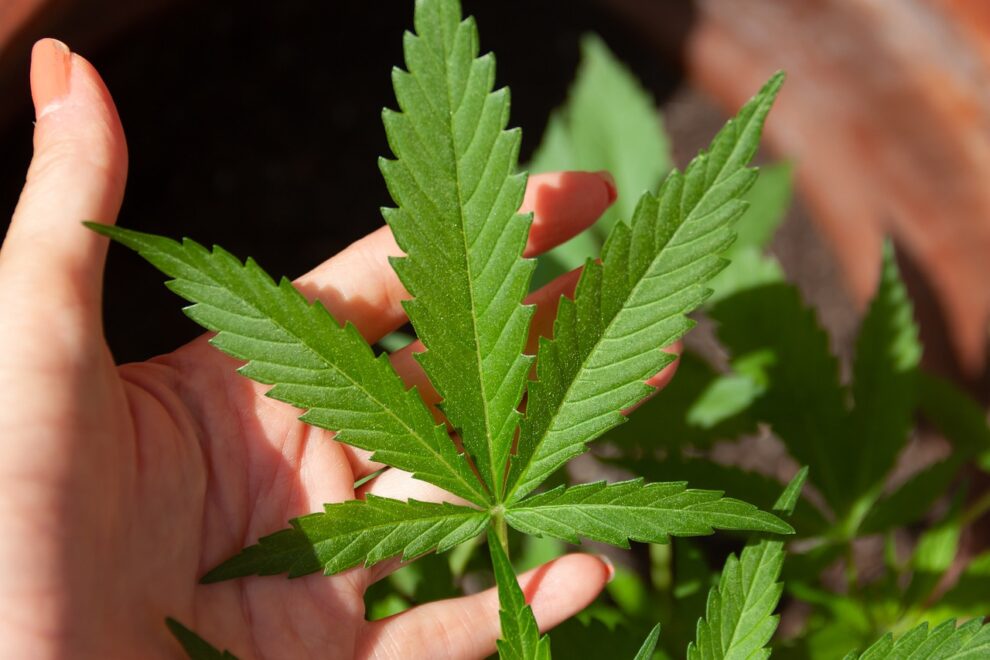The global landscape of cannabis legalization is undergoing significant transformations, reshaping industries, economies, and social norms.
This wave of change is not merely about altering legal statutes but is profoundly influencing economic patterns, technological advancements, and consumer behavior across the globe. As nations navigate the complex terrain of legalization, the ripple effects are evident in various sectors, creating new opportunities and challenges alike.
Economic Impacts of Cannabis Legalization
The legalization of cannabis has ushered in an era of substantial economic growth in regions that have embraced it. This multifaceted growth impacts tax revenues, employment, and investment opportunities.
Firstly, legalized regions enjoy a substantial increase in tax revenues derived from cannabis sales. For instance, states in the USA that have legalized recreational cannabis have reported hundreds of millions in tax revenues, which are often allocated to public services such as education and healthcare. Secondly, the job market benefits significantly from the cannabis industry. New employment opportunities are emerging, from cultivation and processing to sales and marketing, contributing to lower unemployment rates in legalized regions.
Moreover, the investment landscape within the cannabis sector is witnessing unprecedented dynamism. The industry’s growth potential has attracted diverse investors, from venture capitalists to individual retail investors, all looking to capitalize on the burgeoning market.
The global legal cannabis market size is projected to continue its rapid growth, with estimates suggesting a multifold increase over the next decade. This projection is based on expanding legalization, increasing medical applications, and the burgeoning recreational market. However, the economic benefits are coupled with challenges, including market saturation concerns and the need for robust regulatory frameworks to sustainably manage the industry’s growth.
Technological Advancements in the Cannabis Industry
Technology plays a pivotal role in the evolution of the cannabis industry, driving efficiency, compliance, and innovation.
One of the key areas of technological advancement is in cultivation technologies. Indoor cannabis cultivation facilities leverage cutting-edge agricultural technologies, including hydroponics and LED lighting systems, to optimize plant growth and reduce environmental impact. These technologies improve yield and quality and minimize water usage and energy consumption, aligning with sustainability goals.
Another significant technological impact is observed in the realm of blockchain and cryptocurrencies. Several cannabis businesses are adopting blockchain technology for supply chain management, ensuring transparency and traceability from seed to sale.
Cryptocurrencies are becoming increasingly popular as a payment method in the cannabis industry, circumventing banking restrictions faced by cannabis businesses due to the plant’s legal status at the federal level in many countries. This innovative technology enhances operational efficiency and opens new avenues for consumer engagement.
Changing Consumer Choices and Preferences
The legalization of cannabis has profoundly influenced consumer choices and preferences, diversifying the market with innovative products and consumption methods. One standout category that showcases this diversity is cannabis-infused edibles, particularly gummies, which have gained immense popularity for their convenience, discretion, and variety of flavors and potencies.
For those interested in exploring the highest quality and most popular options, the Denver Post has compiled a comprehensive list of the best weed gummies available in 2024, a testament to the evolving consumer landscape in the cannabis industry. Their selection, which can be found here, offers insightful reviews and recommendations, guiding consumers toward informed choices that align with their tastes and preferences.
Furthermore, the legalization movement has led to a more informed consumer base. With access to a wealth of information, consumers are becoming more discerning, seeking out products that align with their values and preferences, such as organic cultivation practices, sustainability, and ethical sourcing. The following points highlight the evolving consumer landscape in the cannabis industry:
- Increased demand for quality and transparency: Consumers are increasingly demanding lab-tested, high-quality cannabis products with clear labeling of THC and CBD content.
- Preference for personalized experiences: There is a growing trend towards personalized cannabis experiences, with consumers seeking products tailored to their specific needs and desired outcomes.
Conclusion
The global trends in cannabis legalization are shaping a dynamic and rapidly evolving industry, marked by significant economic contributions, technological innovation, and evolving consumer behaviors.
As the legal landscape continues to evolve, the economic, technological, and consumer facets of the cannabis industry will likely continue to face both opportunities and challenges. Stakeholders across the spectrum, from policymakers to entrepreneurs and consumers, must navigate these changes thoughtfully to harness the full potential of this burgeoning industry.
The ongoing transformation underscores the importance of informed dialogue, robust regulatory frameworks, and continuous innovation to ensure the sustainable growth of the global cannabis market.
